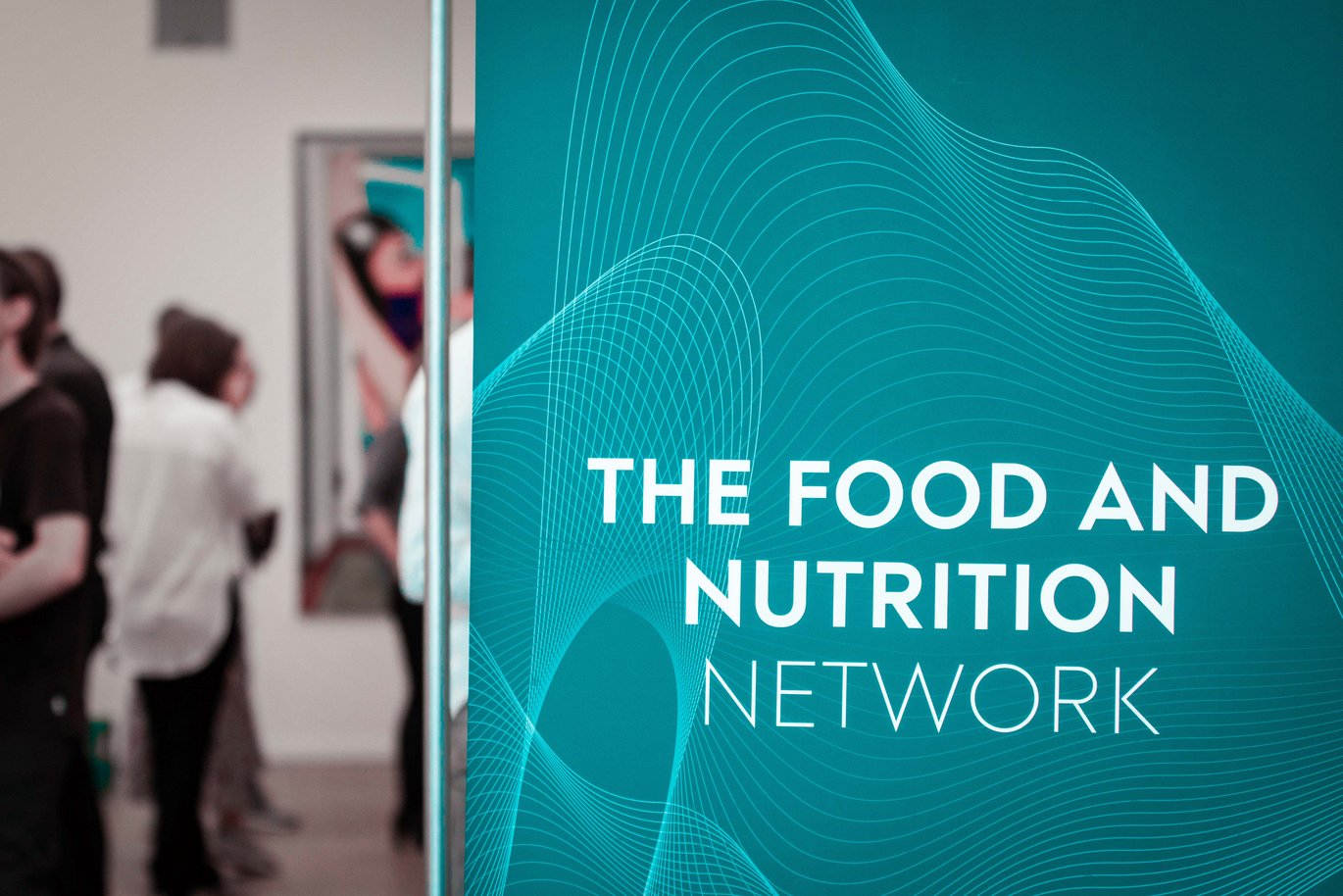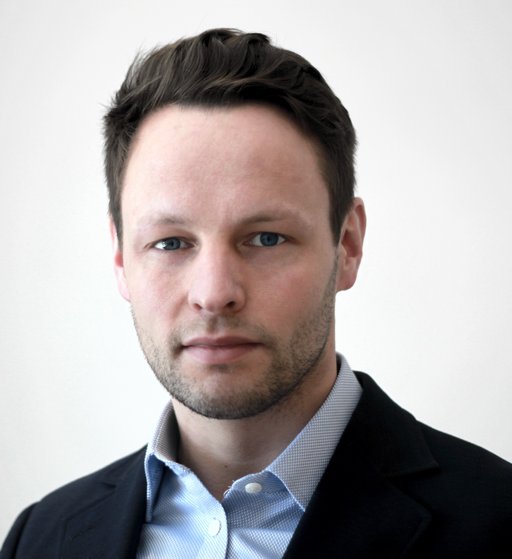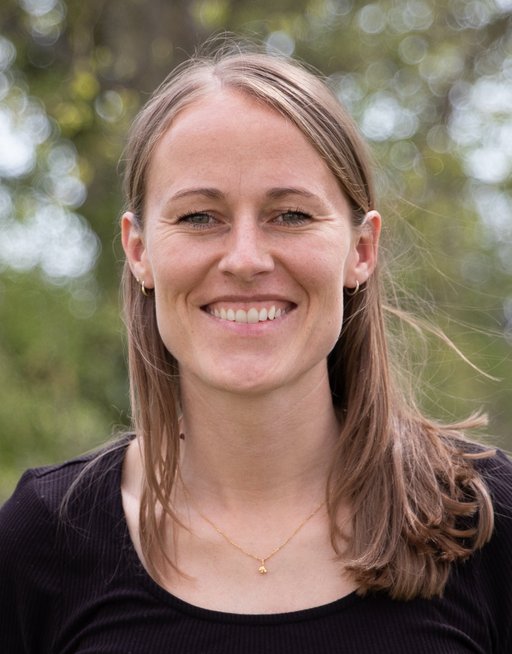Why are you here?
We’ve asked two busy researchers why they prioritise being part of the Food and Nutrition Network. Perhaps it's something for you too?


Alexander Wieck Fjældstad
38 years old
Medical doctor and associate professor at the Department of Clinical Medicine.
Training to be an otolaryngologist with an 80 per cent clinical position at the ENT department in Gødstrup and a 20 per cent associate professorship at Aarhus University.
I’ve helped to start Denmark's first smell and taste clinic. It’s multidisciplinary. Of course we have a lot of focus on the nose, but there are other specialities, for example, psychology, chemistry and neurology.
I joined the Food and Nutrition Network because you can't get very far on your own. And I wanted to meet colleagues from parallel research areas who I could talk to, do projects with, or write funding applications with. If you’re keen to move forward, you need someone who can tell you about aspects that you may have overlooked in your research.
I have a large network within smell and taste, and we hold frequent meetings. When you work in a niche area like me, this is also where you find important relations. It has advantages, but you can also become blinkered. At the annual meeting of the Food and Nutrition Network last year, one of the main themes was the sense of smell, and it helped raise awareness of the niche field I’m working in. Many others have now become interested in including it.
I'm in the network's steering committee, and among others, we work with representatives from Arla Foods; a company that has traditionally had strong focus on tech. As researchers, we can use the network to influence private players in the industry and to show that healthcare aspects are relevant when they are planning a strategy for allocating funding etc.
It is an advantage that the network is relatively broad, because then members discover what’s going on a couple of buildings away in the yellow buildings or at the hospital. Many interesting opportunities may crop up that may have been overlooked. Perhaps a way to start new research, perhaps an opening to join a project, or someone to contact at a later time.
Students are very welcome, and you don’t have to be a PhD. There are amazing developments within technology and communication, for example, and a fresh approach to things can open up entirely new opportunities. You’ll have specialist knowledge even if you’ve only done a small research project, and sometimes there may be offbeat or unforeseen matches that make it relevant to include your knowledge in a project.
There’s so much going on at Health and at AU. The networks communicate a lot of this, so they make it easier to improve your radar and stay up-to-date.

32 years old
MSc. in sport and health and PhD student at the Department of Clinical Medicine at Steno Diabetes Center Aarhus.
I’m doing a PhD about children and nutrition with the Julemærkehjemmene children’s home charity. Among other things, I’m looking at changes in children's weight, how they feel before and after their stay at a home, and their eating habits. I’m also implementing an intervention with extra protein.
I took a poster with me to the first annual meeting of the Food and Nutrition Network, and I displayed the preliminary results from my project. As a young researcher, I often feel that I don't have much to offer compared with all the other brilliant minds. But on the other hand, I have to start somewhere if I want to develop my competencies and my network. It's a little intimidating, but it gets easier every time, and the network meetings are a good opportunity to talk about what I’m doing.
There's something of a hierarchy in this world, and as a PhD student with a non-medical background, it can be daunting to step in with my own ideas and research. But I also have a responsibility to get my message across, and that’s why I took my poster to the annual meeting. I probably didn’t have the most interesting contribution to the day, but there was a possibility that I would meet someone working in the same area as I do, and perhaps that would create fertile ground for future collaboration.
I read about the network and signed up, because it is possible to exchange ideas and learn something about what’s going on in the field. It can be difficult to keep up-to-date and know who to go to if you need to talk about a specialist area or if you want to do something within a particular field. The newsletters are good, because I can quickly see if anything interesting is happening.
As a researcher, you get invited to many exciting events, and of course you always have to set priorities when you have a family and you’re busy with your PhD. But I prioritised the annual meeting because it's a good way to meet other people working with nutrition and get input for my research.
I'm involved in other networks with focus on obesity (including the Steno Diabetes Center) where people who know each other give advice and share their knowledge in this narrow field. The advantage of the Food and Nutrition Network is that you get to know something completely new, and you get in touch with new people.
Sign up
Read more about the Food and Nutrition Network.
The network held its annual meeting at the end of May – see the photos here.